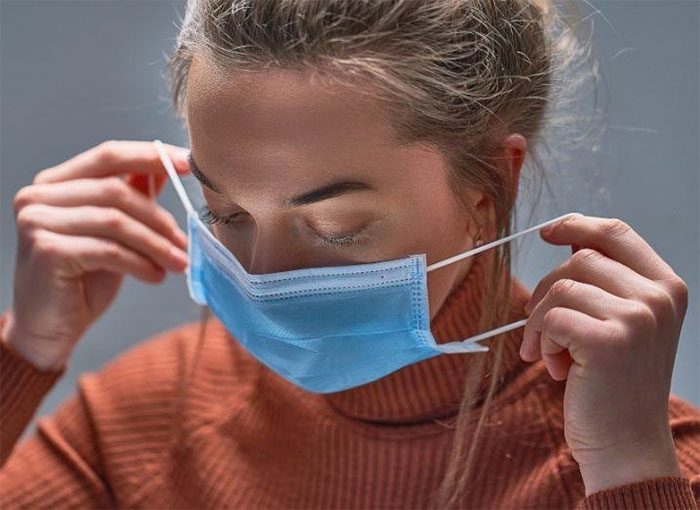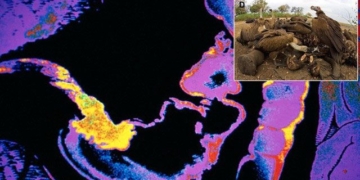By studying women who were exposed to hepatitis C many years ago, scientists at Trinity College have identified the factors that helped them resist the virus.
Researchers in Ireland have uncovered hidden secrets about some individuals who possess the ability to fight off viral infections such as hepatitis or COVID-19.
A new study by researchers based at Trinity College Dublin (Ireland) screened the immune systems of women who were exposed to the hepatitis C virus over 40 years ago through blood transfusions from infected donors.

Scientists in Ireland have uncovered hidden secrets about some individuals who can resist viruses. (Photo: iStock).
In the late 1970s, thousands of women in Ireland contracted the virus through anti-D, a medication produced from donated blood plasma and administered to women with Rh-negative blood types who were carrying Rh-positive fetuses.
Anti-D medication prevents the development of antibodies that could endanger subsequent pregnancies. However, some anti-D products used during that time were contaminated with hepatitis C.
While some women were chronically affected by the disease, others experienced natural recovery due to their immune response. A third group of women appeared asymptomatic and did not require antibodies to combat the virus.
“We hypothesize that the women who resist infection (hepatitis C) must have an enhanced innate immune response. This is part of the immune system that acts as a first line of defense,” said Cliona O’Farrelly, Head of the Biochemistry and Immunology Department at Trinity College.
Ms. O’Farrelly mentioned that to test this, researchers needed to contact women who had been exposed to the virus over 40 years ago and ask for their assistance in studying their immune systems. This would uncover scientific clues that could explain the varying responses among individuals.
After more than 100 women participated in the study, the research team ultimately selected nearly 40 women from the resistant group, along with 90 women who had previously been infected. Blood samples from about 20 women in each group were then stimulated with molecules mimicking viral infection, leading to the activation of the innate immune system.
By comparing the responses of women without hepatitis C to those who were infected, scientists found that the healthy group had donors with drug resistance who exhibited an “enhanced type I interferon” response after stimulation.
Jamie Sugrue, a PhD candidate in the Biochemistry and Immunology Department at Trinity College and the lead author of the study, explained that “type I interferons” are a major family of immune mediators against viruses. They play a crucial role in protection against viruses, including hepatitis C and COVID-19.
Published in the journal Cell Reports Medicine in early November, this research enhances our fundamental understanding of viral resistance and aids in designing treatment therapies for infected individuals.
“These findings are significant because the ability to resist infection is a largely overlooked outcome after a virus outbreak, primarily due to the difficulty in identifying virus-resistant individuals,” Mr. Sugrue stated.


















































